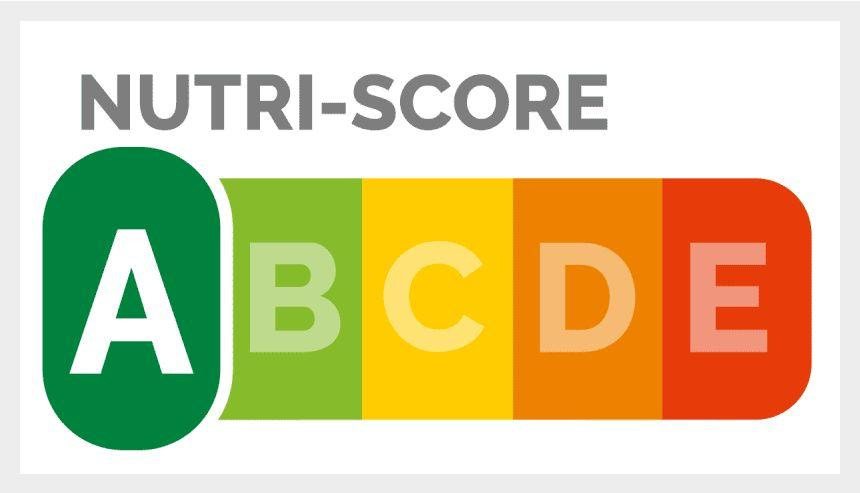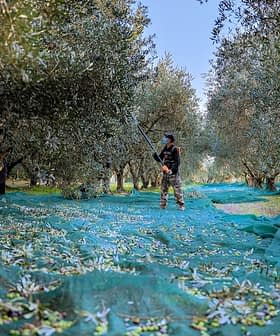In a new effort to promote the widespread adoption of Nutri-Score, dozens of public and private health entities have endorsed an open letter to the French government supporting the front-of-pack labeling system (FOPL).
The signatories, including the French Society of Hepatology (AFEF) and the French Society of Public Health (SFSP), argue that Nutri-Score is necessary to curb the country’s considerable healthcare challenges.
Nutri-Score has proven to be a very useful instrument for raising public awareness of correct consumption, thanks to its ease of interpretation.
“The anti-Nutri-Score mobilization of large industrial groups has unfortunately found the support of several political figures, in defiance of the major public health challenges with which France is increasingly confronted, such as obesity, cancers, cardiovascular disease, diabetes,” the letter reads.
See Also:European Commission Announces Public Consultation on Food LabelingThe signatories believe that criticism of Nutri-Score could hinder its chances of being selected by the European Commission as the pan-European FOPL, which Brussels will announce by the end of the year.
Nutri-Score was adopted in France in 2017. Since then, the five-color/letter FOPL has spread to several other European countries, including Germany and Switzerland.
Nutri-Score rates food items using their main nutrient contents, such as sodium, sugar, calories and fats, per 100 grams or 100 milliliters. Each food item receives a score ranging from the healthiest “Green A” to the least healthy “Red E.”

Nutri-Score’s classification algorithm has been met with skepticism in several European countries, most notably Italy. Producers of local specialty products have also voiced their concerns about the Nutri-Score.
The producers association behind Roquefort cheese in France called the logo “simplistic.” They argued it unjustly punishes traditional specialties protected by the European Union in the form of Protected Designations of Origin and Protected Geographical Indications.
“Ultra-processed industrial food products which contain preservatives obtain an A or a B [on the Nutri-Score scale] while very natural local products are stigmatized [with a D or an E],” said Sébastien Vignette, secretary-general of the confederation Roquefort.
The producer associations behind Italian Parmigiano Reggiano and Grana Padano PDOs in Italy and several Spanish food companies also have echoed similar concerns.
The new mobilization to support Nutri-Score’s adoption follows a similar appeal filed last December by more than 1,000 health care professionals.
“The campaign launched against the Nutri-Score by the producers of Roquefort, followed by those of Rocamadour, Maroilles and many other cheeses and cold cuts, is based on the emblematic image enjoyed by these products in French gastronomy, their anchoring territorial and their traditional side,” the health professionals said.
“They imply that these properties, all worthy of consideration, would give them qualities that would make them unassailable in terms of their nutritional composition,” they added.
See Also:Nutri-Score CoverageAccording to the health professionals, Nutri-Score “meets a dual objective: to better inform consumers about the nutritional quality of foods and allow them to compare [food items] with each other; encourage manufacturers to improve the composition of their products.”
“The choice of the logo was made by the government on the basis of recognized scientific work,” they added. “Since 2017, its positive effect has been documented by new research.”
In the opinion of the health professionals, “Nutri-Score has proven to be a very useful instrument for raising public awareness of correct consumption, thanks to its ease of interpretation, which simplifies the reading of the nutritional values specific to different foods.”
“France, therefore, has a public health tool which, in line with other public health measures, can make it possible to have an effect on the nutritional status and health of our fellow citizens,” they concluded.









